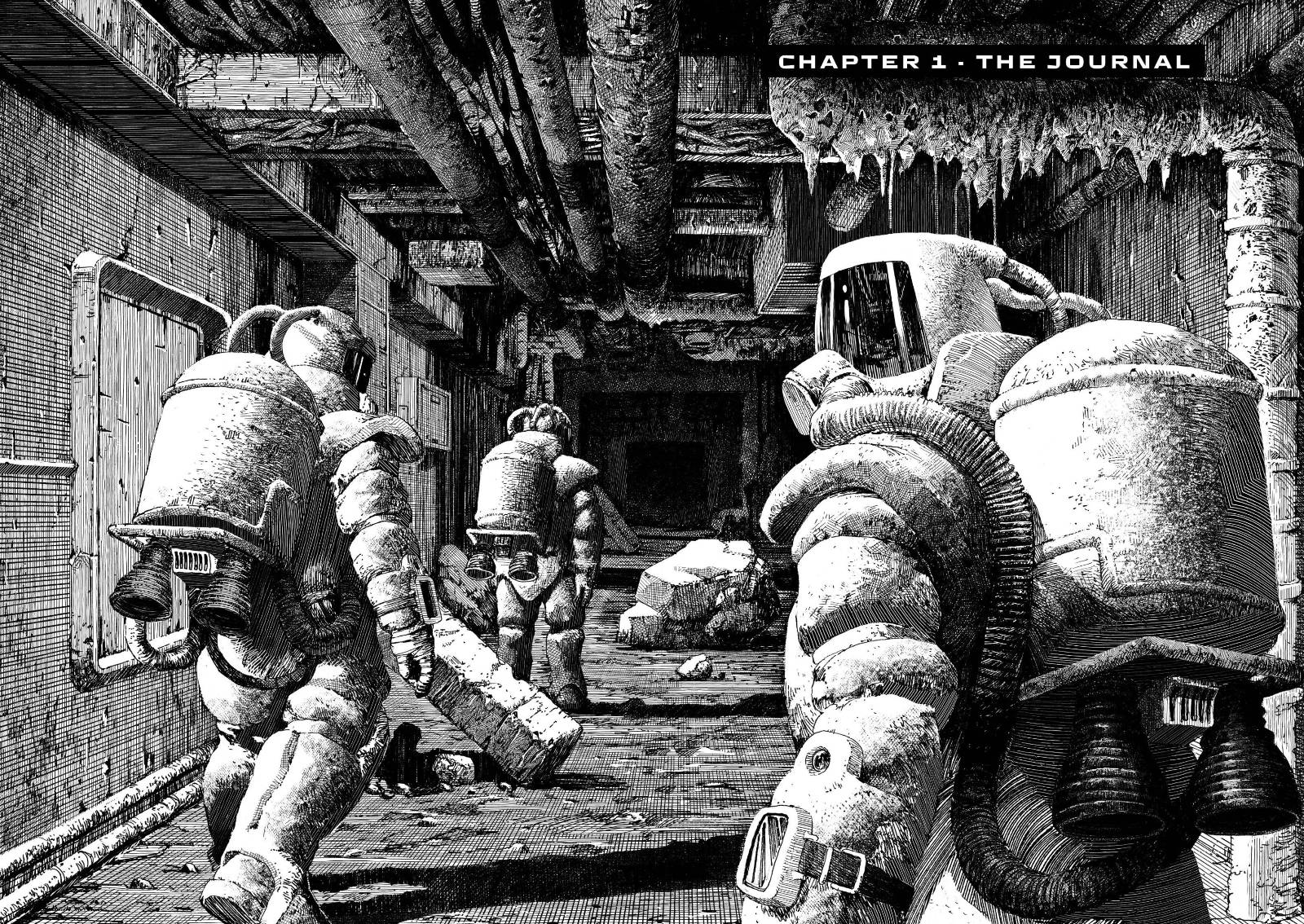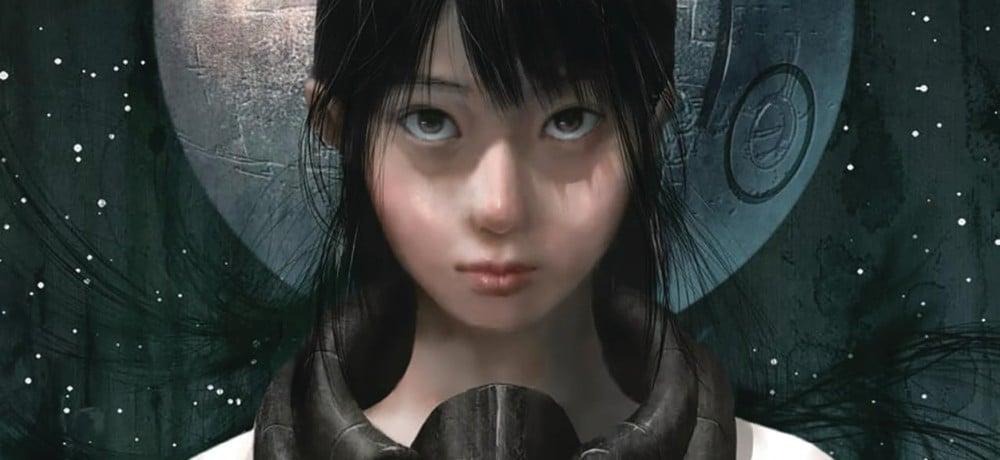When most Western readers think of manga, images of martial arts battles or magical girls often come to mind. Yet, manga’s storytelling range is vast, stretching far beyond stereotypes. Leviathan Vol. 1 by Shiro Kuroi, featured on ComicK, exemplifies this with its blend of psychological suspense and science fiction horror.
This manga doesn’t just offer thrills it invites readers into a chilling exploration of human nature under extreme pressure, set against the eerie backdrop of space.
The Ghost Ship Leviathan: From Legend to Terrifying Reality
The Leviathan isn’t just a lost spaceship it’s a haunting symbol of vanished hopes and unspoken horrors drifting endlessly in the void. This derelict cruise ship, missing for decades, represents more than a mystery to be solved; it embodies the fear of the unknown and the consequences of humanity’s hubris.
As the looters board the Leviathan, they’re not merely searching for treasure they’re stepping into a sealed tomb, where every corridor echoes with the ghosts of past tragedies and unanswered questions. This eerie setting sets the stage for a story that explores how isolation and fear can warp both environment and psyche.

Piecing Together the Past: Narrative Layers and the Power of Kazuma’s Diary
What sets Leviathan apart is its compelling narrative structure, weaving past and present through Kazuma’s diary a fragile link to the doomed voyage’s secrets. Rather than a straightforward timeline, the manga invites readers to uncover truth slowly, as the diary’s introspective entries reveal the tensions, fears, and betrayals that led to catastrophe.
This dual timeline device does more than build suspense; it mirrors the fragmented, incomplete nature of memory itself, leaving readers to grapple with uncertainty while witnessing the slow unraveling of both characters and fate. The limited viewpoint also heightens the claustrophobia, trapping readers alongside the characters in a web of mystery.
The Silent Descent: Psychological Horror Beyond the Physical Threats
Unlike conventional horror relying on overt violence or monsters, Leviathan excels at portraying an internal unraveling of trust, sanity, and identity. Kazuma’s perspective as a withdrawn, observant student unveils how paranoia and desperation fester in closed quarters, transforming classmates and teachers into figures of suspicion and dread.
This psychological tension subtle, lingering, and almost palpable is the true monster lurking aboard the ship. The horror is as much about what the characters hide from themselves as what haunts the ship’s corridors, creating a narrative that resonates with real human fears of isolation, betrayal, and the fragility of the mind under pressure.
Art That Amplifies Atmosphere: Visual Storytelling as a Gateway to Unease
Shiro Kuroi’s choice to render Leviathan entirely in black and white is more than an artistic decision it’s a deliberate tool to immerse readers in the story’s chilling ambiance. The vast, inky void of space becomes a tangible presence, an abyssal backdrop that swallows light and hope alike. Against this cosmic darkness, the cold, angular design of the Leviathan’s interiors feels sterile, almost surgical an environment where life is unnervingly fragile.
What truly sets the art apart is the subtlety with which Kuroi captures human expression. Faces rarely explode with overt emotion; instead, they hold a quiet, tense restraint that forces readers to look deeper. It’s in the slight tightening of a jaw, the fleeting shadow under an eye, or the barely perceptible hesitation before a word is spoken that the characters’ true turmoil reveals itself.
This nuanced visual storytelling creates a haunting atmosphere where silence and absence weigh as heavily as screams and blood. The fear in Leviathan isn’t always visible it lurks in what’s unsaid, in the spaces between panels, making the reading experience both intimate and unsettling.

Who Should Read Leviathan? Navigating Its Dark, Complex Waters
Though Leviathan centers around middle school-aged characters, its themes and narrative complexity firmly position it for mature readers. The manga’s psychological depth and atmospheric tension speak directly to fans of science fiction horror who crave stories that unravel slowly, rewarding patience with rich character studies and creeping dread rather than instant scares.
If you appreciate narratives that explore human nature’s shadowy corners fear, isolation, and the thin veneer of civilization under pressure Leviathan offers a compelling journey. It’s particularly recommended for those who enjoy a slow-burn thriller where the horror is as much about internal collapse as external threats.
Moreover, librarians and collectors looking to broaden their manga offerings with titles that challenge genre conventions and provoke thoughtful discussion will find Leviathan an invaluable addition. This is a story that resonates beyond its plot inviting readers to reflect on the fragility of trust, the scars of trauma, and the mysteries that lie hidden in human hearts and forgotten spaceships alike.
Boarding the Leviathan Is Worth the Journey
Leviathan Vol. 1 introduces readers to a haunting, multilayered tale that challenges genre expectations and invites deep reflection on human nature under duress. Shiro Kuroi’s storytelling combines suspense, tragedy, and mystery, wrapped in stark, compelling artwork. If you’re ready to explore a dark, abandoned ship where every shadow hides a secret, this manga is a must-read.
